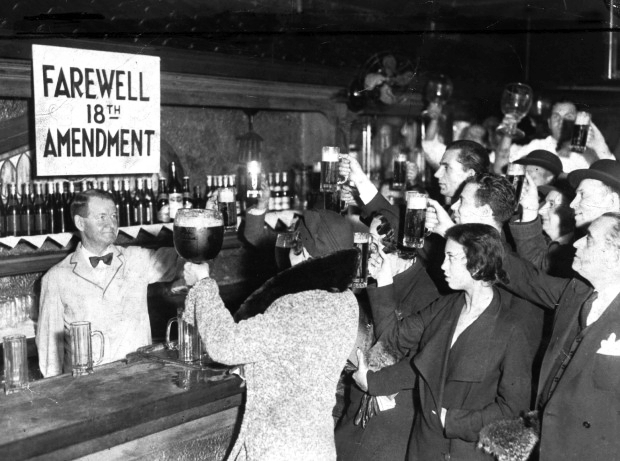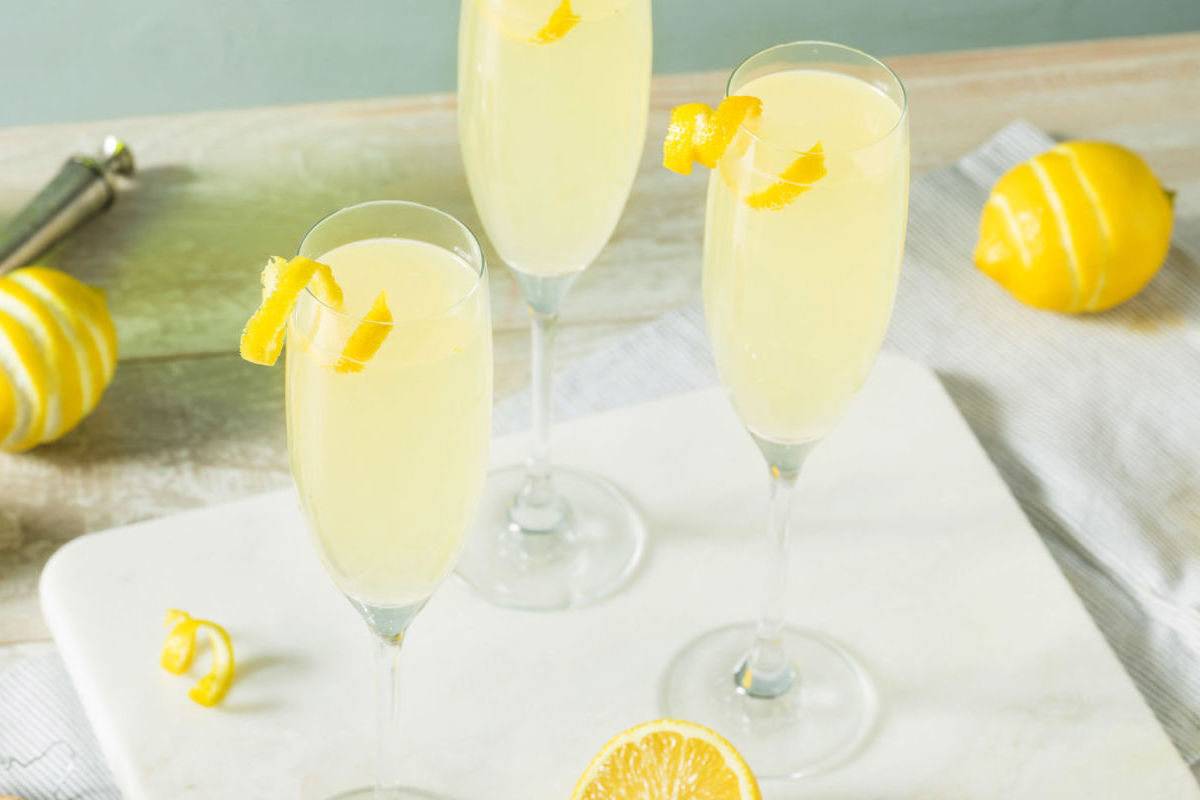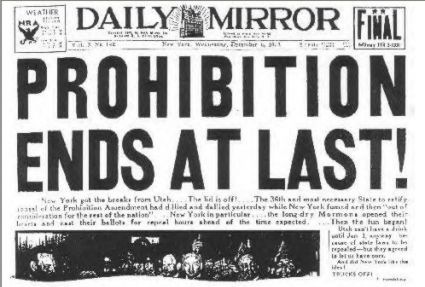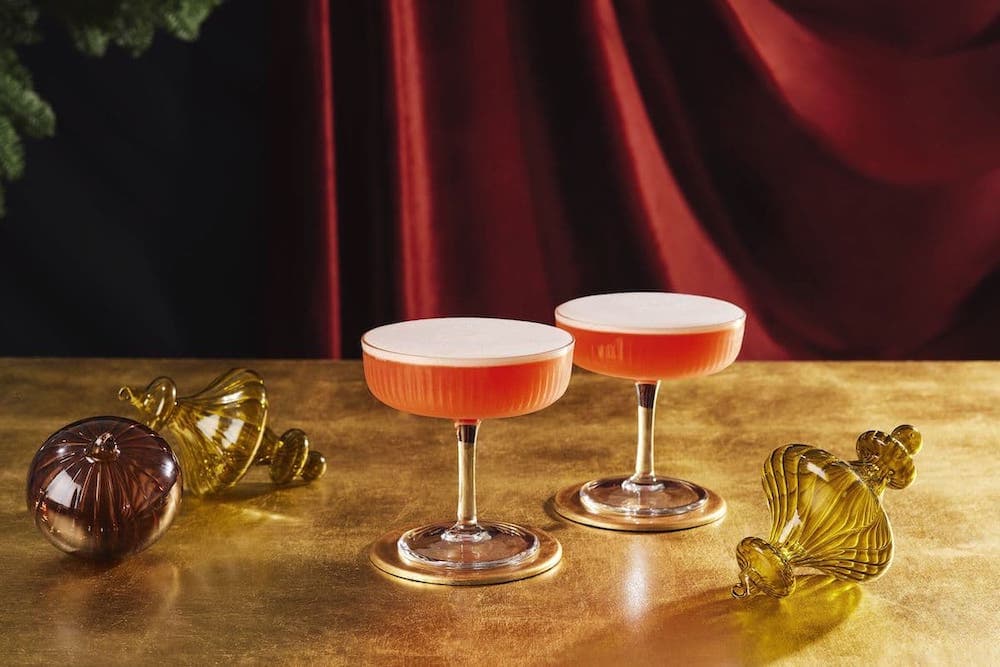On January 16, 1919, the 18th Amendment to the United States Constitution was ratified, prohibiting the “manufacture, sale, and transportation of intoxicating liquors” throughout the country. Fifteen years later, on December 5, 1933, that amendment was overturned by the ratification of the 21st—an important occasion we celebrate today as National Repeal Day.
Prohibition may be an era over which today’s cocktail aficionados drool, but we should remember that it was a pretty dark time for the people of the United States. The Volstead Act (the law passed to enforce the 18th Amendment) immediately made millions of Americans into criminals, allowing for the rise of ruthless mobsters like Al Capone. Its latter years were marred by the greatest economic catastrophe in American history. And let’s not forget all the people who went thirsty during this time.
It was, however, an inconsistently-enforced law, thanks in large part to the lack of political will to actually fund it. In most cases, the further west you got, the less likely the authorities were to spend much effort investigating bootleggers. In Bevvy’s hometown of San Francisco, Mission-District bar Elixir served as a purveyor of illicit booze under the guise of a soda fountain—and it seems like the cops more or less turned a blind eye.
From the 21st Amendment to the 21st Century
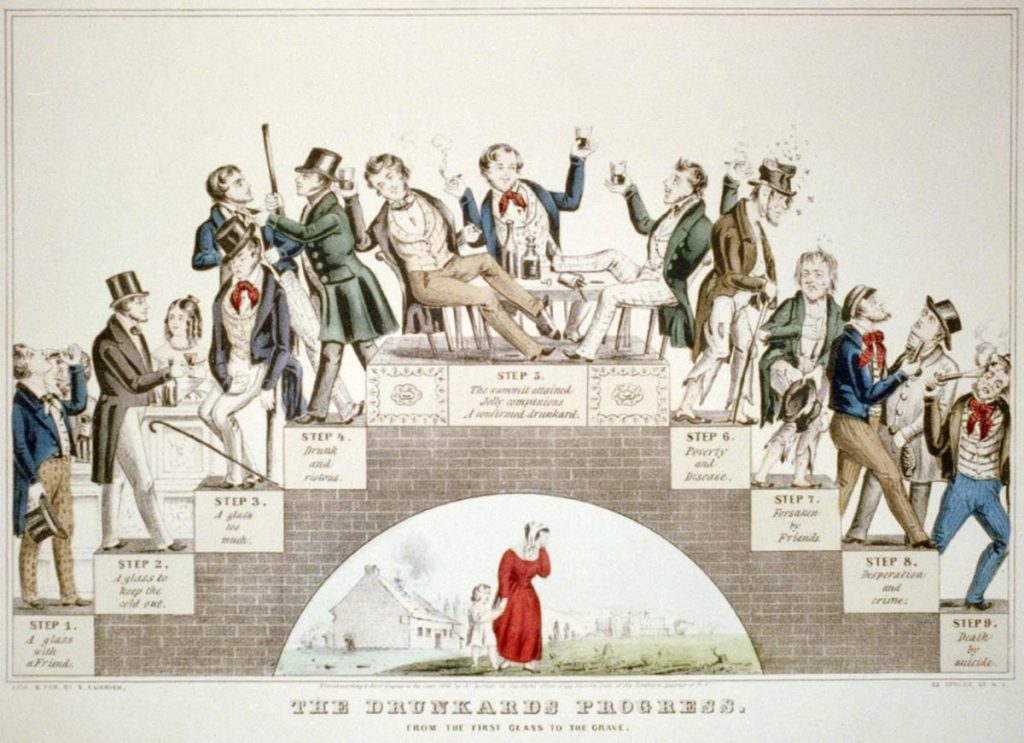
“The Drunkard’s Progress,” a temperance movement lithograph from 1846 | Photo: Wikipedia
On a more positive note, Prohibition also gave us the romantic notion of the speakeasy (which has served as an aesthetic template for many of today’s leading bars), and a whole host of Prohibition-era cocktail recipes that were mostly concocted to make bootleg liquor more palatable.
Cocktail joints across the country have spent the last two decades reviving that dimly-lit, underground atmosphere, occasionally even employing passwords and hidden rooms. While the trend is winding down (apparently America could only handle so many bars with ampersands in their names), it’s had an undeniable influence on modern drinking culture.
It’s also probably why National Repeal Day has seen such a resurgence in popularity in recent years. Observed annually on December 5th, these days it’s treated as a celebration of all things boozy and debauched, and something of a middle finger to the teetotalers of yesteryear.
Though Prohibition officially ended on that historic day in 1933, it took nearly 70 years for the damage to be completely undone. In addition to putting thousands of veteran bartenders out of work (many of whom left the country altogether), it led to the loss of numerous historic cocktail recipes that have only recently been rediscovered. Sadly, some may never be, as they existed only in the minds of those barkeeps and were never published.
But despite the decades-long cocktail doldrums that followed Prohibition, we’ve made impressive strides in returning bartending to its rightful place as a respected craft and career. So when you raise a glass this year on National Repeal Day, think about all the bartenders, historians, distillers, brewers, and defiant drinkers who made it possible to do so at all. And whatever you do, don’t take that freedom for granted.
